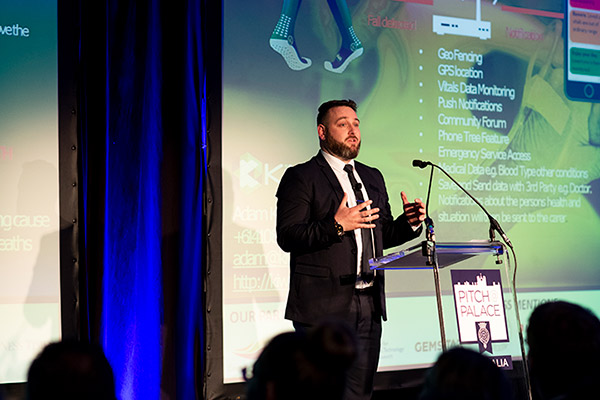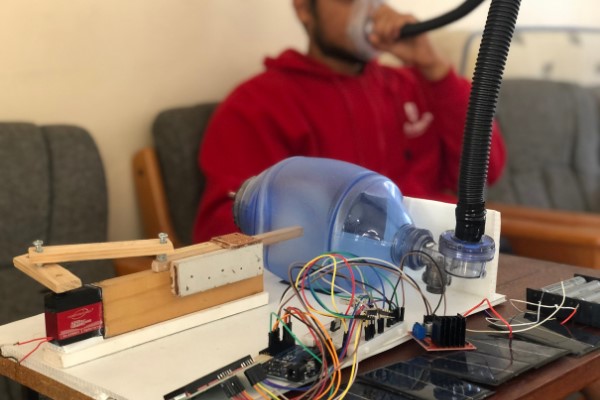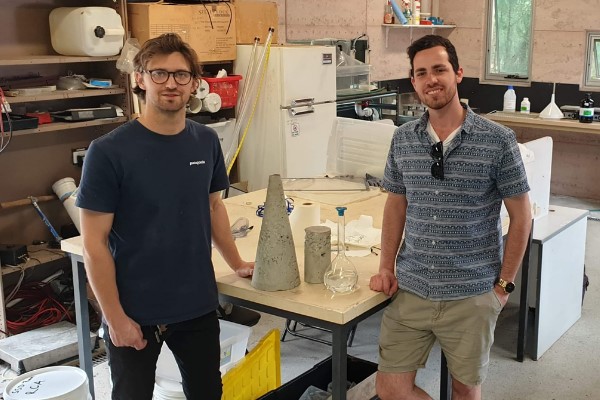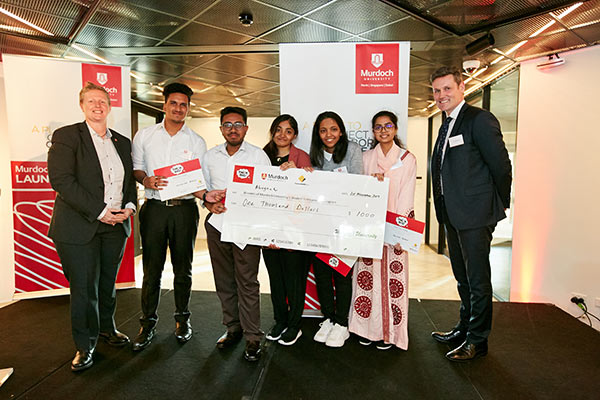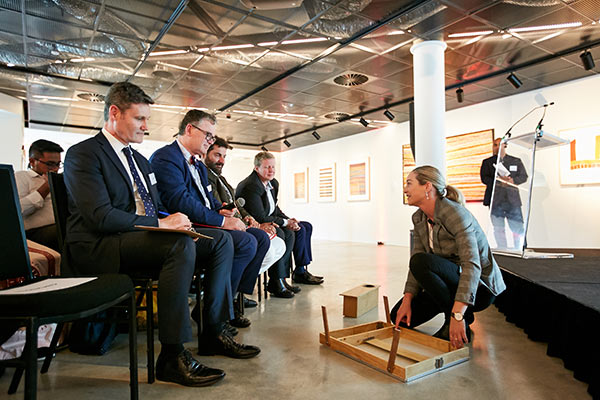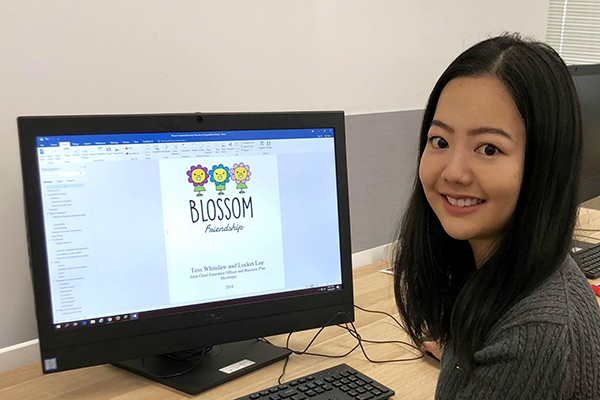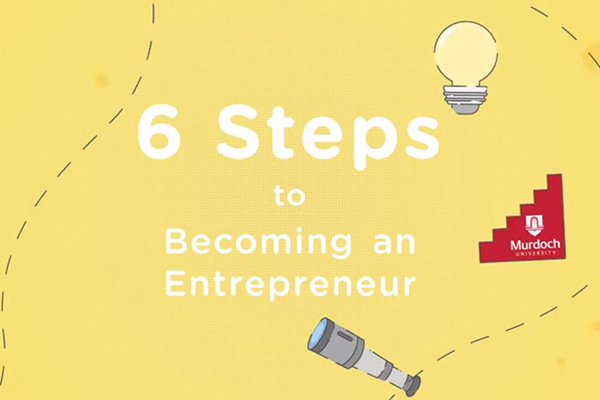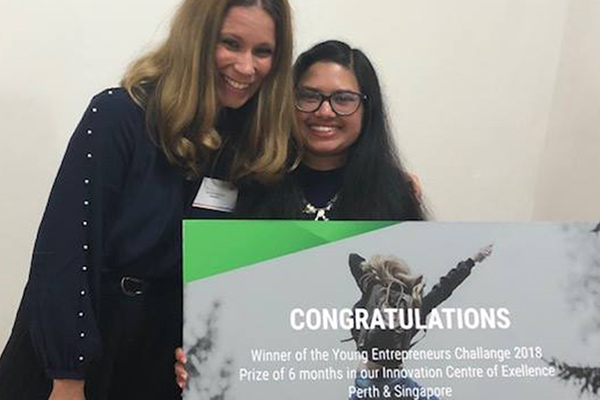
If you’re known by your family and friends as an organised people person, a career in Human Resources or ‘HR’ could be your chance to use your skills at a professional level.
You could get involved in almost any organisation in any industry, from hiring and interviewing for new roles, to restructuring teams after a merger or major organisational change.
What do HR professionals do?
Working as a HR professional allows you to take control of recruiting, screening, interviewing and supporting employees. In a typical day, you might find that you:
- advertise job opportunities and review applicant’s CV and cover letters,
- interview applicants for new roles,
- attend meetings with other staff or team members when making hiring decisions,
- meet with current employees about issues such as pay or benefits,
- conduct new employee orientations and coordinate professional development training,
- plan and coordinate the workforce to match employee talents with tasks, or
- support staff through organisational change and resolve issues between management and employees.
Depending on the role you choose, you might also handle employee relations, payroll, benefits and training. Choosing a general HR role will allow you to focus on staffing, recruitment, compensation and benefits, while becoming a specialist in an area of HR will allow you to advise on professional development, risk management, HR information systems or organisational development.
What careers can you pursue if you study HR?
In the field of HR, you could work in any industry where teams of people are needed to create change.
You might take on roles such as:
- Project manager – source the right teams and skills for specific projects.
- Human resources advisor or analyst – recruit teams and help people to stay healthy, happy and productive at work.
- Payroll and operations support – help to process payroll, promotions and superannuation for an entire workforce.
- Recruitment officer – help match candidates with the skills and experience your clients are looking for.
- Occupational health and safety officer – provide guidance and develop plans that keep teams safe and healthy at work.
- Training and development officer – work with in-house teams or as an external consultant to help people develop the skills they need to succeed in their own careers.
What industries could you work in?
A career in HR could take you anywhere in the world – from large global organisations to life-changing not-for-profits, human resources are a vital part of every industry. This allows you to shape your career around what you love, whether that’s music, technology, food and hospitality, retail brands or practically any industry you can think of.
What skills would help in a career in HR?
To succeed in HR you’ll need to genuinely enjoy building and managing relationships. Depending on the type of HR role you’re interested in, you might also need:
- strong communication skills to help you gather and share information with new applicants, current employees and other staff and management in a clear and precise manner,
- excellent organisation skills to keep track of applications and systems and manage teams of people,
- decision-making skills and social intelligence to help you make the best decisions for your company or employer, and
- leadership skills to help you work with teams of people in an effective and ethical way.
How to prepare for your HR career while you’re at uni
Don’t wait until you graduate, you can get a head start to your career while you’re still studying. You might like to:
- Take on an internship by completing a Work Integrated Learning unit where you gain experience working with on real-world projects with real companies as part of your studies.
- Use avatars and VR to prepare for real-life scenarios through your class work where you will simulate conflict resolutions and interviews.
- Go along to careers fairs and industry events for students hosted by professional associations and Murdoch Careers and Employability.
- Join a student society or professional association such as the Australian Human Resources Institute (AHRI) and get involved in events.
- Get involved in professional mentoring programs such as the Murdoch Student Emerging Leasers (MSEL) program and professional mentoring programs such as the Murdoch Industry Mentoring (MIM) program program or AHRI’s mentoring program.
- Make use of the Murdoch Careers Portal to explore opportunities, book into career workshops and industry events.
- Sign up for paid work opportunities to get experience during your studies, or during summer or winter study breaks.
- Consider a study abroad experience or exchange to one of our partner universities.
- Participate in student team competitions solving real-world problems and getting the opportunity to network along the way.
You could also add valuable experience to your CV with volunteer work, such as helping a not-for-profit organisations or relevant community groups.
The future of HR
You can enjoy a career in HR in any industry, so there’s no limit to the opportunities available to you. There is a constantly growing need for people who have skills, experience and knowledge in the field of HR. The job market in human resources can be highly competitive, so practical experience in the field can give you an advantage in your career.


